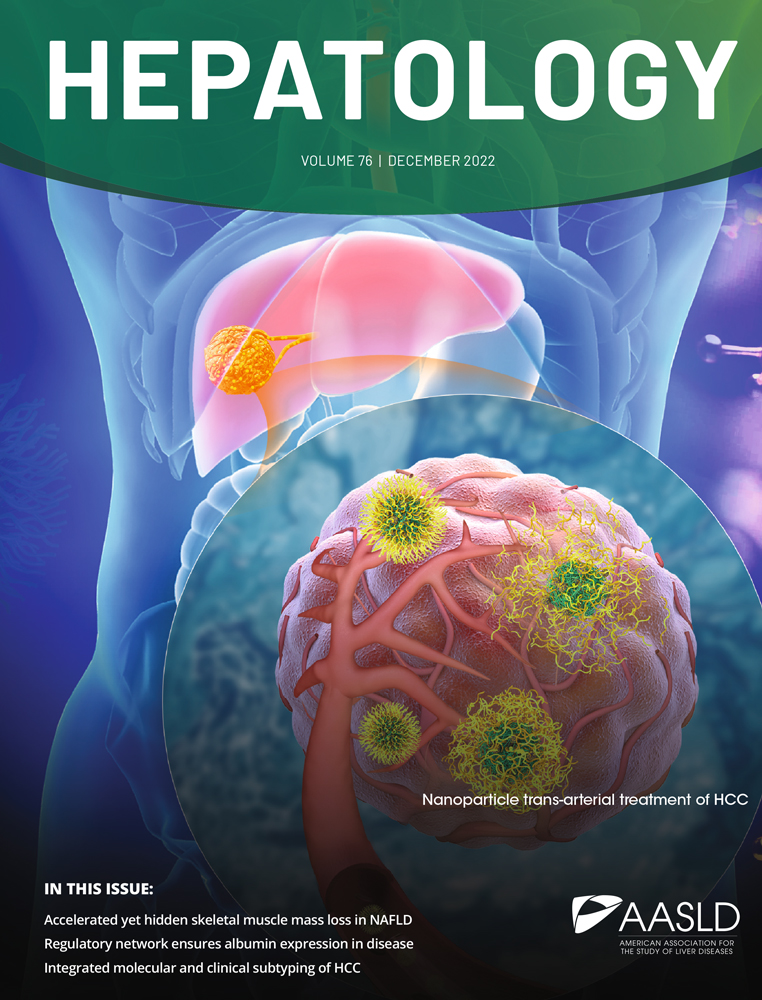Role of glutathione in nitric oxide-dependent regulation of energy metabolism in rat hepatoma cells
Abstract
Previous studies in this laboratory revealed that nitric oxide (NO) reversibly inhibits the respiration of isolated mitochondria and ascites hepatoma (AH-130) cells by an oxygen concentration–dependent mechanism. The inhibitory effect of NO on the respiration of AH-130 cells was enhanced by treating with digitonin that selectively permeabilized plasma membranes and released cytosolic low-molecular-weight compounds. Reduced glutathione (GSH) is the most abundant cytosolic thiol that easily reacts with NO. To elucidate the mechanism by which digitonin enhanced the inhibitory action of NO, the effect of GSH and related thiols was studied with AH-130 cells and their mitochondria. The inhibitory effect of NO on the respiration of digitonin-treated cells was suppressed by either GSH, l -cysteine, or N-acetylcysteine, but not by oxidized glutathione. The inhibitory effect of NO on the respiration of their mitochondria was also decreased by GSH. In contrast, the inhibitory effect of NO was markedly enhanced with AH-130 cells obtained from animals that were pretreated with l -buthionine sulfoximine (BSO), a specific inhibitor for GSH synthesis. Kinetic analysis revealed that NO dose-dependently decreased GSH levels in AH-130 cells with concomitant generation of S-nitrosothiols. Although S-nitrosoglutathione (GSNO), a slow releaser of NO, also inhibited the respiration of tumor cell mitochondria, its effect was significantly lower than that of NO. These results suggest that cellular GSH might play pivotal roles in the regulation of energy metabolism in hepatoma cells by modulating free forms of NO.




